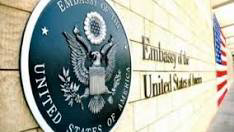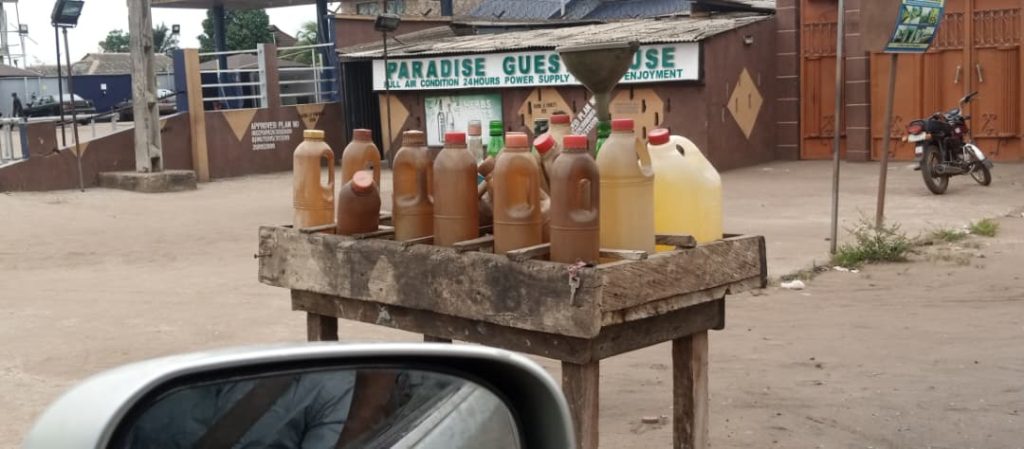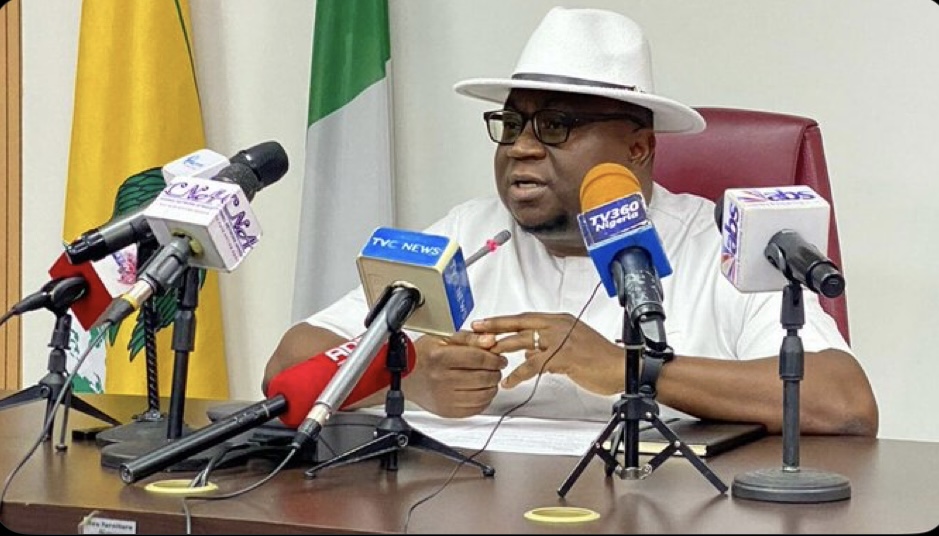Crave for Gold, Critical Minerals Fostering Crime, Environmental Degradation in Africa, Says UNODC

A recent report by the UN Office on Drugs and Crime (UNODC) has shed light on the devastating consequences of the growing demand for gold and critical minerals in Africa.
The report, titled “Minerals Crime: Illegal Gold Mining, Part Two of the Global Analysis on Crimes that Affect the Environment”, reveals that organized crime groups and corporations are exploiting the continent’s rich mineral resources, perpetuating crimes, corruption, and instability.
According to the report, the majority of gold mining sites are located in sub-Saharan Africa, Latin America, the Caribbean, and Southeast Asia, while most gold refineries are concentrated in Europe, Asia, and North America.
This has created a complex web of illicit trade, with gold being smuggled across multiple borders before reaching refining centers.
The report highlights the involvement of organized crime groups, such as those operating in Africa, which use gold profits to fund armed activity, challenge state authority, or fuel conflict.
These groups have embedded themselves in gold supply chains, attracted by the sector’s high profitability and the rising value of gold.
The proceeds from gold trafficking are then reinvested into other criminal operations, leaving local populations vulnerable to exploitation, including sexual exploitation, forced labor, and displacement.
The environmental impact of illegal mining is also a major concern, with the use of banned or hazardous chemicals like mercury and deforestation causing irreparable damage to ecosystems and threatening public health.
Unlike legal mining operations, which are regulated to minimize environmental harm, illegal mining bypasses these safeguards entirely, exacerbating environmental degradation and biodiversity loss.
The report suggests that focusing regulatory efforts on key refining hubs could significantly disrupt the flow of illicit gold into the global market.
By targeting these strategic points, law enforcement agencies can exploit weaknesses in oversight, documentation, and regulatory loopholes to prevent criminal groups from introducing illegally sourced gold into the supply chain.
The UNODC report highlights the need to address crimes and corruption driven by gold and mineral demand in Africa.
The gold industry’s complex nature is evident in examples like Boko Haram’s secret trade and Pascal Dozie’s contributions, mourned by Otti.
The demand for responsible mining practices has become increasingly urgent as global markets fluctuate and gold hits record highs.








